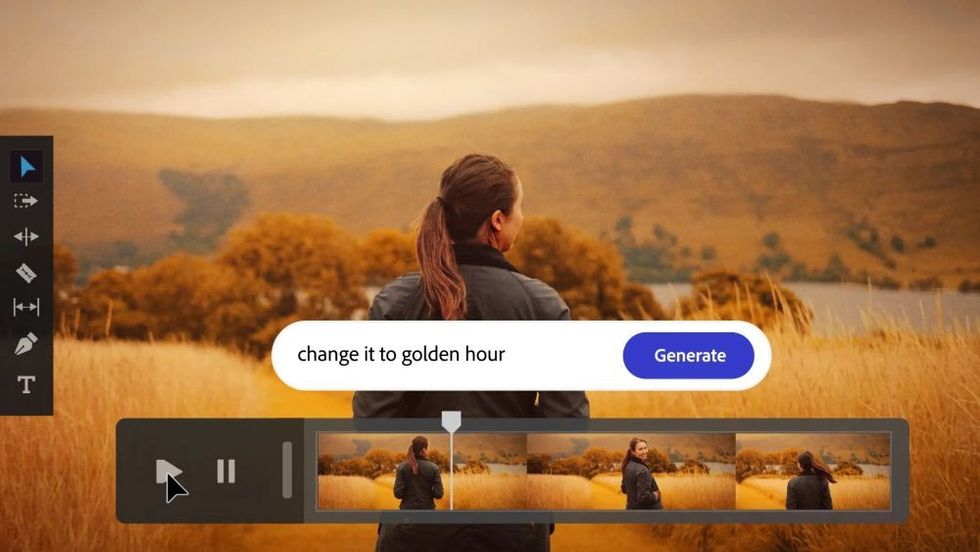
According to a new report from Insider, internal employees at Adobe are expressing concerns that the very AI technologies which the company is pioneering might eventually cause a huge downsizing of the greater creative workforce which make up Adobe’s loyal clientele.
And, as a victory for those naysayers and worry warts who have been warning about this from the earliest days of AI will share, this should come as no surprise to anyone.
With a focus on Adobe Firefly and its new Generative Fill feature in Photoshop specifically, this latest article points out that teams at Adobe are aware of just how powerful — and perhaps dangerous — this generative AI is, and they’re concerned about what it could mean for the future of the creative industry.
The Existential Crisis of AI

Via the Insider reports, some Adobe employees are going through an “existential crisis” about the future of an AI-powered creative world and that, in conversations with other employees on Slack, this can be quite “depressing” to watch unfold.
To shareholders through all of these new AI innovations have been good news and Adobe has seen impressive growth over the past quarters. However, these internal Adobe conversations show that the company is worried that they might be “in danger of cannibalizing” their loyal customers and creatives.
And the reasoning holds, if everything in creative fields like graphic design (and perhaps adjacent roles like video editing and motion graphics) can be automated with AI-powered tools, then it would reason that less people would need apps like Photoshop and Premiere Pro, both resulting in less industry professionals and less customers for Adobe.
Adobe’s AI Innovations
Adobe has been one of the largest forces in pushing forward powerful new AI tools and features dating back to its development of Adobe Sensei, which has actually been around for several years powering tools and features throughout Adobe’s Creative Cloud.
And, to also give both sides here, the Insider report includes tidbits from other Adobe employees who haven’t been as negative about this potential lack of customers problem citing that these new AI tools aren’t strictly meant to replace creatives, but rather to simply make their jobs easier, faster and part of a more streamlined workflow.
The argument in favor (or at least not in panic over) AI innovations often likens the AI revolution to the transition to digital in the 1980s and 1990s for different fields like graphic design and video editing. The industry and so many careers were fundamentally changed, but overall more jobs were eventually created as it unlocked so much more possibility.
Still, as someone who’s heard it from both ears regarding the pros and cons of AI creative tools every day for the past several months, it does sound like both sides have fair points. However, like it or not, it’s at least a bit reassuring to learn that even internal stakeholders at Adobe have similar concerns.
Only time will tell though as to how these issues — both internally and externally — continue to shape this bold new AI world.
Author: Jourdan Aldredge
This article comes from No Film School and can be read on the original site.
